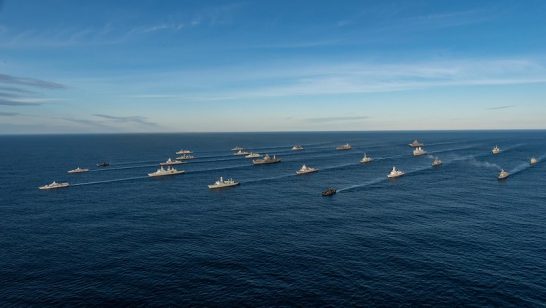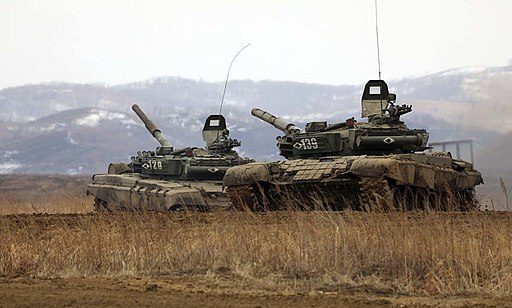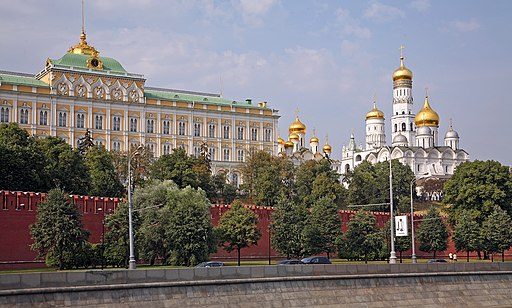In December 2020, the ELN published a set of recommendations that came out of a series of senior expert discussions led by ELN members Sergey Rogov and Alexey Gromyko on Russia-NATO risk reduction. The recommendations addressed most of the areas of common ground so far sketched in Russian, US and NATO exchanges during the present crisis. Had those recommendations been acted upon, we might now be on a better path away from crisis.
In this new statement, signed by 75 members of the expert group and 36 ELN network members, including retired diplomats and military officers from the United States, Russia and Europe, we renew to all sides seven of our recommendations, updated to meet the present situation. Taken together these measures would materially contribute not just to a reduction of Russia-NATO tension but a reduction of Russia-NATO risk.
The recommendations are:
- Regular meetings should be held between the Chief of General Staff of the Armed Forces of the Russian Federation, the Chairman of the U.S. Joint Chiefs of Staff, the NATO Supreme Allied Commander Europe (SACEUR) and the Chairman of the NATO Military Committee, reinforced by military experts, to address issues of current concern.
- In addition, NATO member states and Russia should resume contacts at the level of military representatives in the NATO Military Committee and restore the Russian military liaison mission at SACEUR Headquarters.
- Russia and NATO member states could agree that both sides will conduct large-scale military exercises, as a rule, at a militarily meaningful distance from their borders, but where geography prevents this then additional measures of notification, transparency and predictability must be taken. They should consider reducing the scale and frequency of military activities with respect to numbers and geography, in particular exercises near borders. Generally, military exercises should be executed responsibly, not provocatively.
- Both sides could take initial steps in the form of parallel unilateral measures that do not necessarily require conclusion of a formal agreement between NATO, or NATO member states, and Russia, which could prove politically difficult to achieve in the present environment.
- Russia and the United States could confirm that, irrespective of the course of the present crisis, they will systematically develop their dialogue on the future of strategic stability and cyber security as agreed at their Geneva summit in June 2021.
- Russia and NATO could immediately agree to launch negotiations on a new zero option for the deployment in Europe of US and Russian intermediate-range land-based missiles and their launchers.
- Russia and NATO member states could immediately agree to launch negotiations on a package of measures on the basis of the existing bilateral and multilateral agreements on prevention of incidents at sea and above the sea, and on prevention of dangerous military activities.
Read the full statement in English and Russian here.
The opinions articulated above represent the views of the author(s) and do not necessarily reflect the position of the European Leadership Network or any of its members. The ELN’s aim is to encourage debates that will help develop Europe’s capacity to address the pressing foreign, defence, and security policy challenges of our time.
Image: Flickr, NATO



